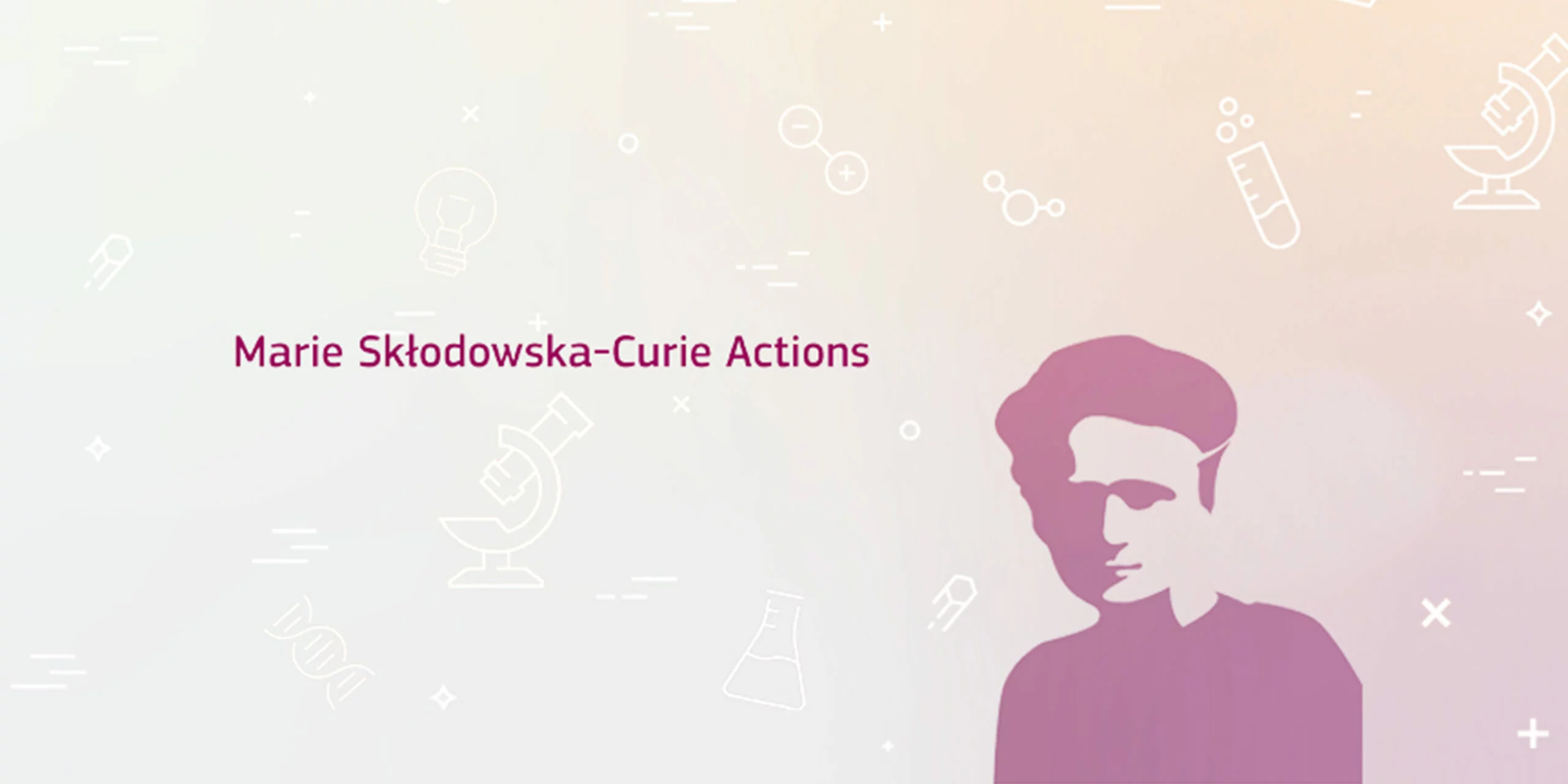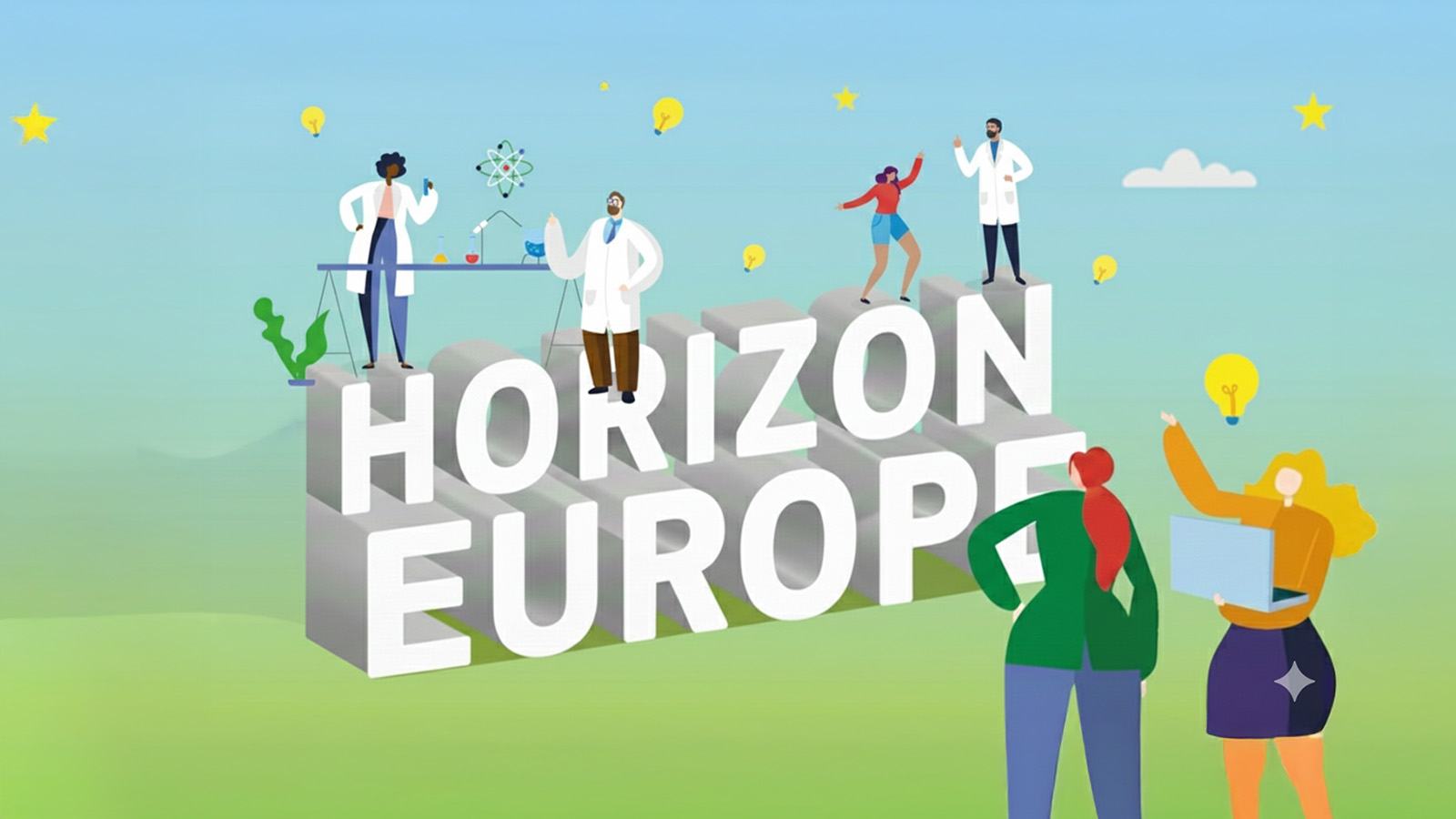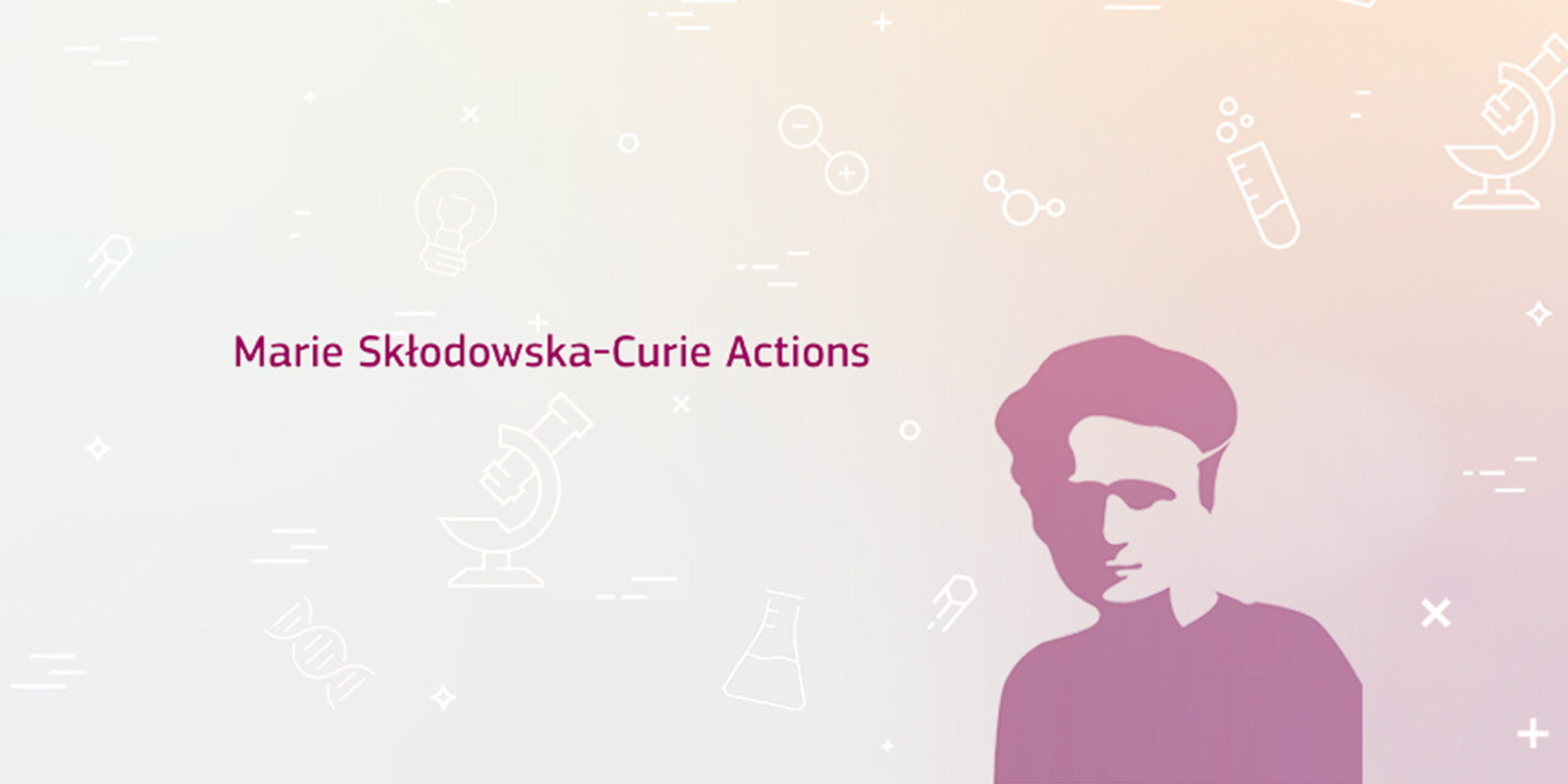In 2019, the PERIN - Portugal in Europe Research and Innovation Network was created with the aim of pursuing a national strategy that should double Portuguese participation in European Union (EU) programs in 2021-2027 compared to 2014-2020, attracting around €2 billion in EU funding, as well as tripling Portuguese participation in European Union (EU) programs compared to 2014-2020, attracting around €2 billion in EU funding, as well as tripling the number of higher education student mobility programs.
PERIN evolved from GPPQ – Office for the Promotion of the R&D Framework Program – and has expanded its activities to include Research & Innovation, Erasmus+, Space, and funding programs in the digital field.
The FCT will ensure national representation and coordination of the promotion of research and innovation activities in Pillar I and in the Horizontal Activity (Widening) of Horizon Europe (2021-2027), through its Delegates and National Contact Points (NCPs).
The FCT coordinates support for the scientific and technological community in order to:
European Research Council (ERC)
Program aimed at researchers that supports excellence in research through a pan-European competition in all fields of research.
- Starting Grant (StG) for researchers with between 2 and 7 years of experience after completing their PhD.
- Consolidator Grant (CoG) for researchers with between 7 and 12 years of experience after completing their PhD.
- Advanced Grant (AdG) for established research leaders.
- Synergy Grant (SyG) for 2-4 principal investigators with complementary scientific backgrounds.
- Proof of Concept Grant (PoC) to explore the innovation potential of the principal investigator's previous results.
Marie Sklodowska-Curie Actions (MSCA)
In addition to Studentships , MSCA helps develop training networks, promote inter-institutional mobility of human resources, and fund mobility programs with a focus on internationalization. Support is available through Marie Skłodowska-Curie Actions for all stages of a research career. Beneficiaries include doctoral researchers and those at more advanced stages of their careers.
- Doctoral Networks (DN) (formerly ITN) for universities, research centers, and entities from other sectors with the aim of training researchers at the doctoral level.
- Postdoctoral Fellowships (IF) for more experienced researchers who aspire to further their careers by working abroad.
- Research and Innovation Staff Exchange (RISE) for short-term interinstitutional mobility of human resources between academic, industrial, and commercial organizations worldwide.
- Co-funding of regional, national, and international programs (COFUND) provides organizations with additional funds for their own researcher training (doctoral) and career development (postdoctoral) programs.
- MSCA and Citizens (CITIZENS) (formerly Researchers' Night) is an annual public event at European level dedicated to citizen science and fun science learning. Around 30 countries and 300 cities are involved.
Research Infrastructure
The 2023-24 work programincludes 5 Destinations (packages of actions designed to contribute to its objectives and expected impacts). Each Destination will be implemented through Calls. Each Call one or more topics.
- INFRA-DEV: a framework for well-functioning European research infrastructures.
- INFRA-EOSC: implementing an operational, open EOSC ecosystem based on the FAIR principles (Findable-Accessible-Interoperable-Reusable).
- INFRA-SERV: research infrastructure services to support research, accelerate green and digital transformation, and advance fundamental knowledge.
- INFRA-TECH: next generation of scientific instrumentation, tools, methods, and advanced digital solutions.
- INFRA-NET: network connectivity – enabling collaboration without borders.
Expanding Participation and Strengthening the European Research Area
A set of different funding instruments aimed at i) connectivity and networking at the human resources and institutional levels (COST and Twinning), ii) balanced brain circulation in Europe (ERA-Chairs, and ERA Policy linked to MSCA), iii) institutional and regional reform and transformation (Teaming and Excellence Universities), iv) articulation between science and the business sector (Excellence Hubs and EIC Accelerator), and v) capacity building and inclusion (Support for NCPs, "Hop On," Seal of Excellence). The main Widening actions are described below:
- Twinning promotes institutional networks with the aim of strengthening a specific area of knowledge. An organization from a Widening country establishes a network with at least two leading R&D institutions in that field. Projects worth €1.5 million over three years.
- Teaming to create new (or significantly improve existing) centers of excellence in Widening countries through a partnership process with a leading scientific institution. Projects lasting 6 to 8 years with up to €15 million in funding.
- ERA-CHAIRS: bringing excellence to institutions by attracting renowned scientists and their teams as agents of change to universities or R&D institutions in widening countries. Projects of around €2.5 million for 5-6 years.
- Cooperation in Science and Technology (COST): open and inclusive networks in all fields of knowledge, focused on people and their training and career development. Each thematic network operates for four years with an average budget of €0.5 million.
To receive all information regarding work programs, Calls schedules Calls events, sign up for our mailing list here.



